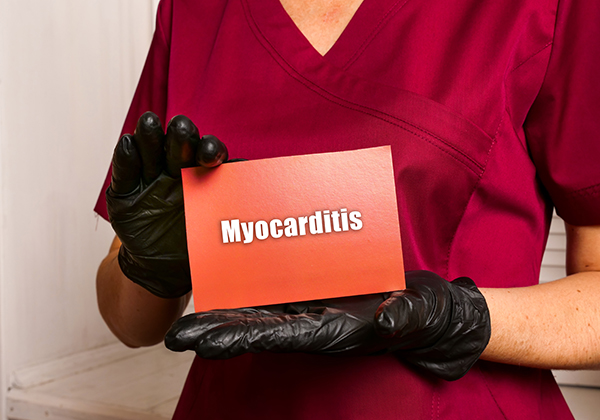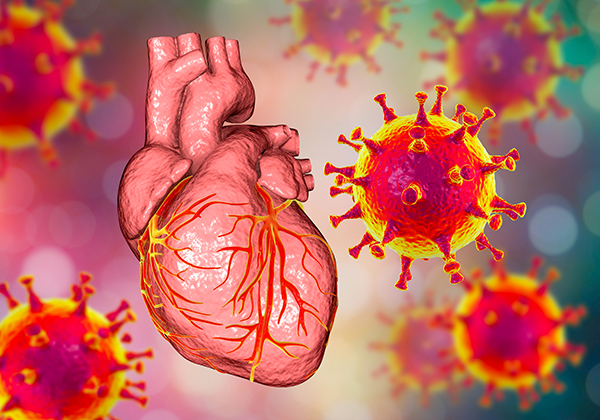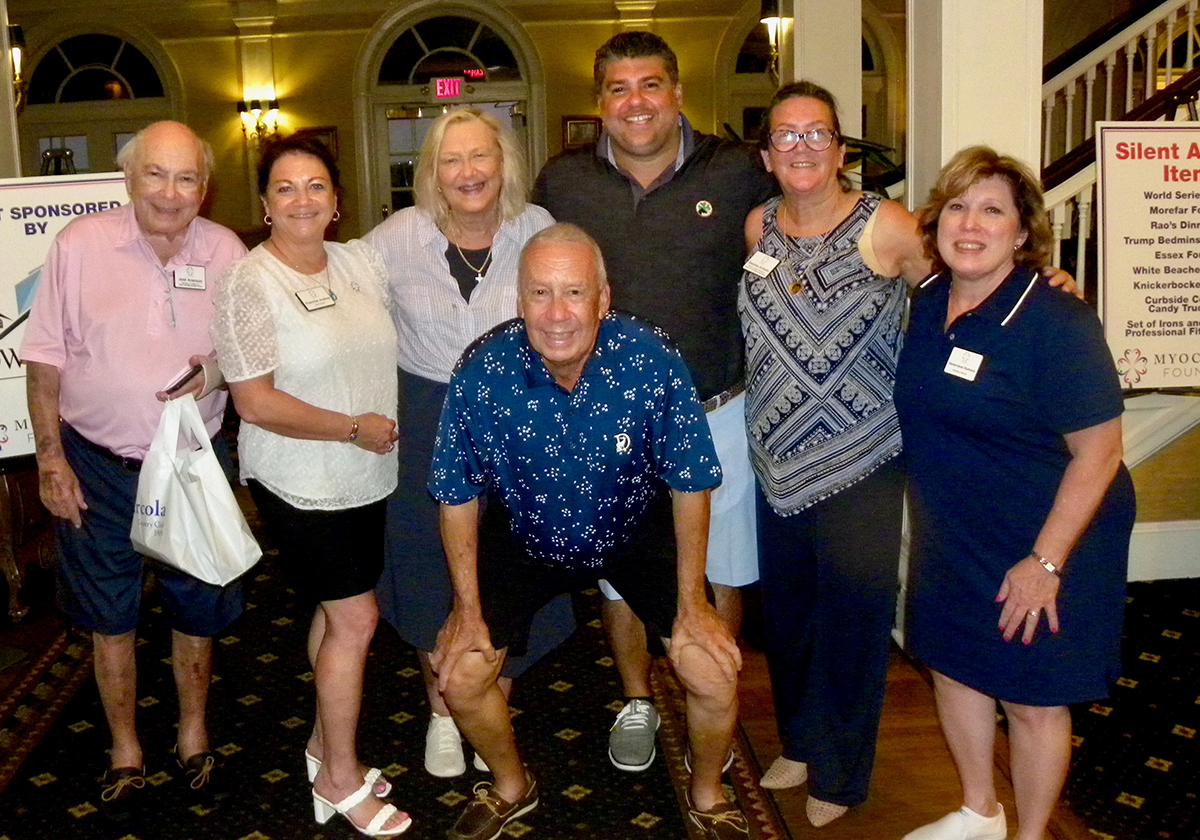(281) 713-2962
800 Rockmead Drive, Suite 155
Kingwood, TX 77339
[email protected]
Risk Indicators of Sarcoidosis Evolution-Unified Protocol (RISE-UP)
Status: Recruiting
Location: University of Maryland, University of Texas Southwestern
Conditions: University of Maryland, University of Texas Southwestern
City/State:
Baltimore, Maryland
Dallas, Texas
Contact Information:
Laura Koth
4155144369
[email protected]
Jessica Cardenas
[email protected]
The purpose of this study is to develop prediction models that can prognosticate patients with sarcoidosis using clinical data and biological markers that can be obtained during a clinic visit.
Primary Aim/Objective The primary objective of this study is to determine which clinical features measured during a routine clinic visit are risk factors for progression of pulmonary sarcoidosis over the follow-up period in adults with pulmonary sarcoidosis.
Secondary Aim/Objectives The secondary objective is to determine if blood biomarkers measured during a routine clinic visit can improve the risk assessment for progression of pulmonary sarcoidosis over the follow-up period.
The investigators will measure two types of blood markers to achieve this goal:
-
-
- Clinically available blood markers that are available in most clinical labs
- Blood proteins and gene expression that reflect interferon inflammation and are not currently available as tests in clinical labs
-
Read more
Use of CXCL9 as a Biomarker of Acthar Efficacy (Acthar)
Status: Recruiting
Location: University of California- San Francisco
Conditions: University of California- San Francisco
City/State:
San Fransisco, California
Contact Information:
Laura Koth, MD
(415) 514-4369
[email protected]
Delayed-Enhancement Cardiovascular Magnetic Resonance in Patients With Sarcoidosis
Status: Recruiting
Location: Duke University Medical Center
Conditions: Duke University Medical Center
City/State:
Durham, North Carolina
Contact Information:
Han W Kim, MD
919-668-3539
[email protected]
Raymond J. Kim, MD
919-668-3539
[email protected]
Epigenetic Regulation of Altered T-cell Immunity in Sarcoidosis
Status: Recruiting
Location: University of California- San Francisco
Conditions: University of California- San Francisco
City/State:
San Fransisco, California
Contact Information:
Victoria Wang, BS
415 476 9225
[email protected]
Cardiac Sarcoidosis Randomized Trial
Status: Recruiting
Location: Allegheny General Hospital, Montefiore Medical Center, Ohio State University Medical Center, Tufts Medical Center, University of Michigan, University of Minnesota, University of Utah, Virginia Commonwealth University, Yale-New Haven Hospital
Conditions: Allegheny General Hospital, Montefiore Medical Center, Ohio State University Medical Center, Tufts Medical Center, University of Michigan, University of Minnesota, University of Utah, Virginia Commonwealth University, Yale-New Haven Hospital
City/State:
New Haven, Connecticut
Boston, Massachusetts
Ann Arbor, Michigan
New York, New York
Columbus, Ohio
Pittsburgh, Pennsylvania
Salt Lake City, Utah
Richmond, Virginia
Contact Information:
David H Birnie, MD
613-696-7269
[email protected]
Janine Ryan, BAH, CCRP
613-696-7000 ext 17077
[email protected]
Prospective randomized controlled trial comparing low dose Prednisone(or Prednisolone)/Methotrexate combination to standard dose Prednisone(or Prednisolone) in patients diagnosed with acute active clinically manifest cardiac sarcoidosis and not yet treated.
The Investigators hypothesize that low dose Prednisone(or Prednisolone)/Methotrexate combination will be as effective as standard dose Prednisone(or Prednisolone), and result in significantly better quality of life and less toxicity than standard dose Prednisone(or Prednisolone).
Subjects meeting the study inclusion/exclusion criteria will be randomized equally to receive either:
Everywhere but Japan:
-
-
- Prednisone 0.5 mg kg/day for 6-months (MAX dose 30 mg per day) or
- Methotrexate 15-20 mg po, sc, or IM once a week for 6-months + Folic Acid 2 mg OD for 6 months + Prednisone 20 mg day for 1 month, then 10 mg OD for 1 month, then 5 mg OD for one month then STOP
-






























